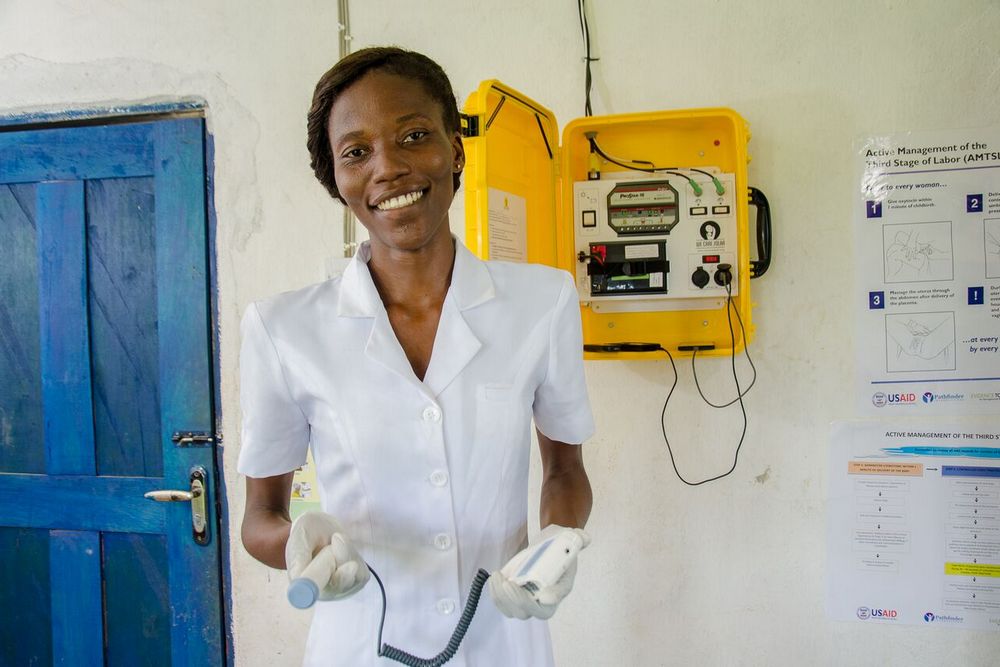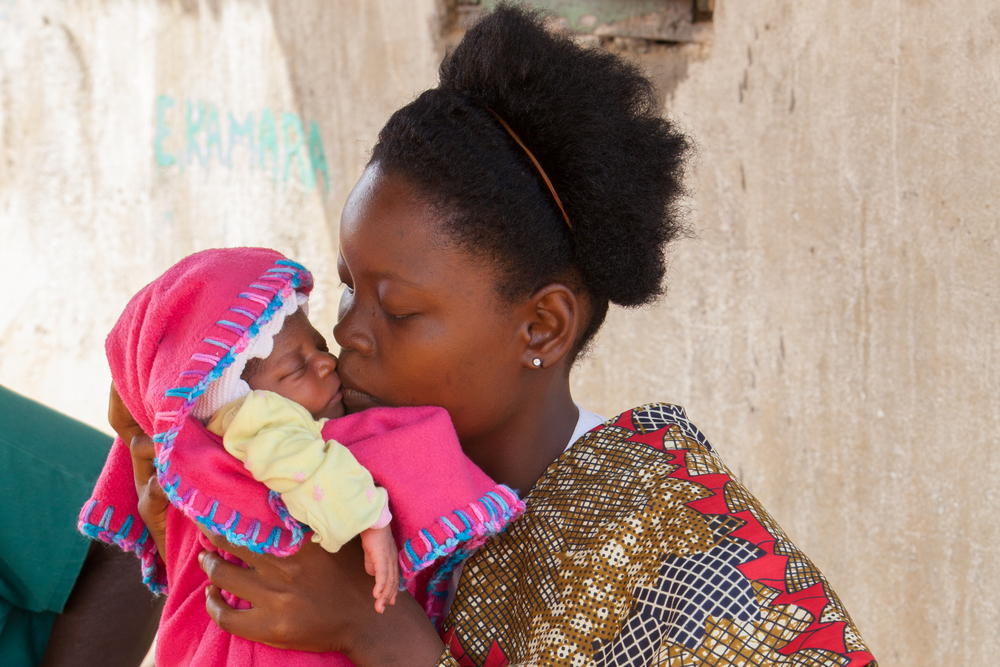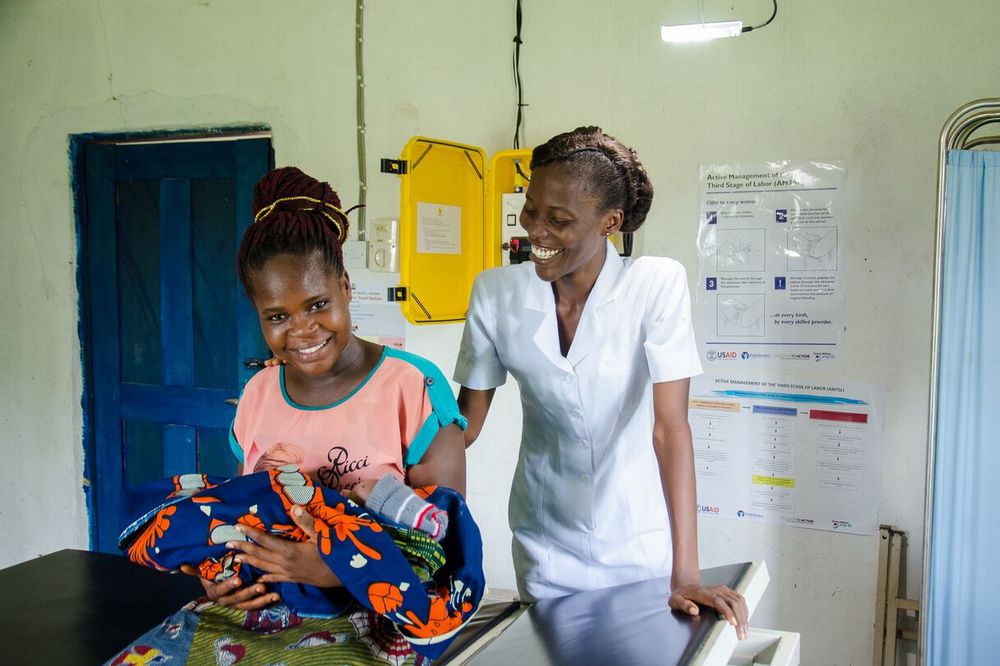
We use cookies to enhance your experience on our website, analyze site usage, and support our marketing efforts. By continuing to browse or by clicking “Accept All,” you agree to our use of cookies.

Through observations, surveys, and more than 1,200 in-depth interviews, we have evidence that the Solar Suitcase substantially improves the capacity to conduct basic and comprehensive emergency obstetric care, enhances health worker morale, and increases patient health-seeking behavior. The introduction of overhead LED lights, headlamps, phone chargers and fetal Dopplers to energy-deficient health centers enables health workers to work more effectively and efficiently.

The Solar Suitcase was included as a key intervention in several comprehensive maternal-newborn programs in partnership with many health-focused organizations, including AMREF, Pathfinder International, Jhpiego, One Heart World-Wide, and Hamlin College of Midwives. As a result of these comprehensive interventions, we have seen increased use of the facility and reductions in maternal and newborn mortality.

Randomized control trials are considered the gold standard in research. In 2018-2020, we hired external evaluators Harvard School of Public Health and Innovations for Poverty Action (IPA) to conduct a randomized control trial of the Solar Suitcase intervention as a solitary intervention. Before the intervention, providers on average performed 42% of essential care actions and accumulated 76 minutes of delays during nighttime deliveries. After installation, quality increased and delays in care decreased , with the largest impacts on infection control, prevention of postpartum hemorrhage, and newborn care practices.
2140 Shattuck Avenue, Suite 305
Berkeley, California, 94704 USA
(510) 766-0206
Federal Tax ID#: 30-0627106

We use cookies to enhance your experience on our website, analyze site usage, and support our marketing efforts. By continuing to browse or by clicking “Accept All,” you agree to our use of cookies.